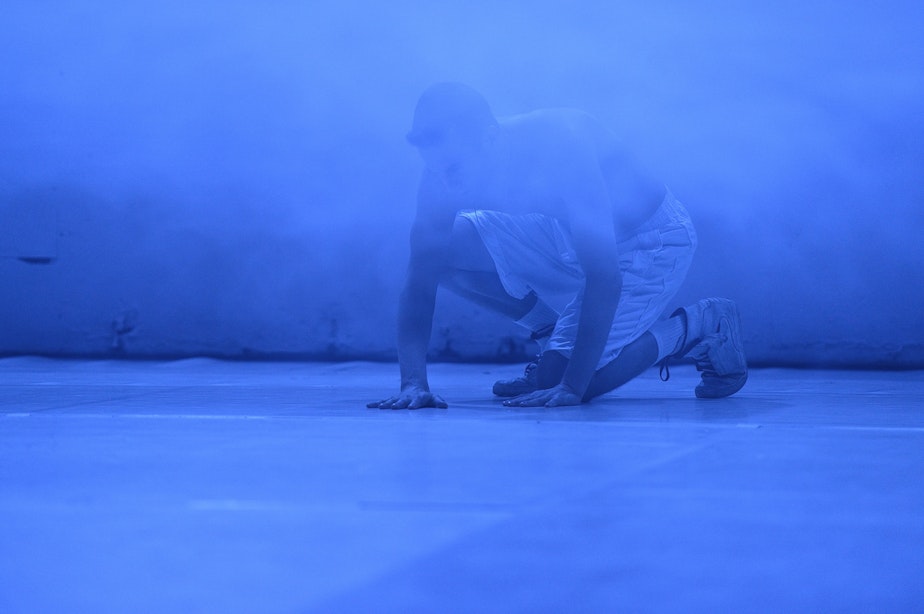Dancer denied visa to perform at Seattle theater this weekend

The federal government has denied a temporary visa to an artist who was scheduled to perform this weekend at contemporary arts venue On the Boards.
OTB artistic director Rachel Cook says the company is not naming the dancer, who is from the United Kingdom. He was supposed to be featured in a work by the German-based American choreographer Ligia Lewis. Lewis will take over his solo role.
Foreign nationals who want to perform in the United States need to apply for temporary, O-1B non-immigrant visas. They’re reviewed by adjudicators for the U.S. Citizenship and Immigration Services (USCIS), who have discretion to deny any applications they deem to be “frivolous or meritless.” They don’t need to provide explanations for denied petitions.
Although the immigration law that applies to the O-category visas hasn’t changed since President Trump took office in 2017, data from the USCIS show a marked increase in visa denials. In 2017, approximately 28,000 applicants were denied non-immigrant worker visas, while almost 100,000 were turned down in 2018.
The O-category visa includes a range of professions, however arts presenters across the country report an uptick in rejected visa applications. Most recently, two dancers from Russia’s famed Bolshoi Ballet were denied temporary entry to perform at a fundraising gala for a youth dance competition.
OTB’s Cook says two other foreign artists successfully applied for O-1B visas earlier this year, but she’s worried that the U.S. government is clamping down on foreign artists who want to perform here.
Sponsored
“The last thing we need is to limit that kind of vision,” Cook says. “The idea that you would constrict those borders, to me, produces more anxiety.”




